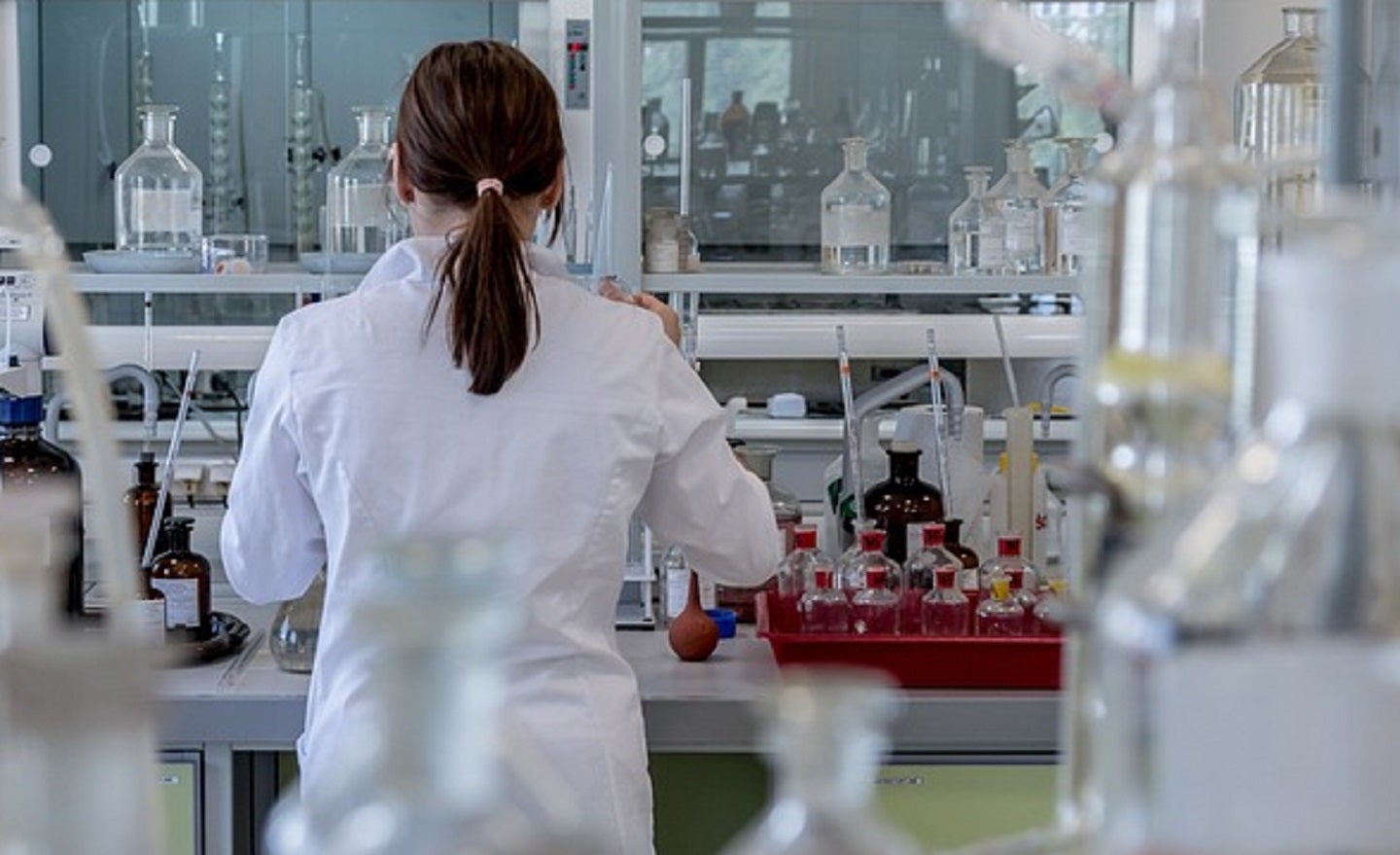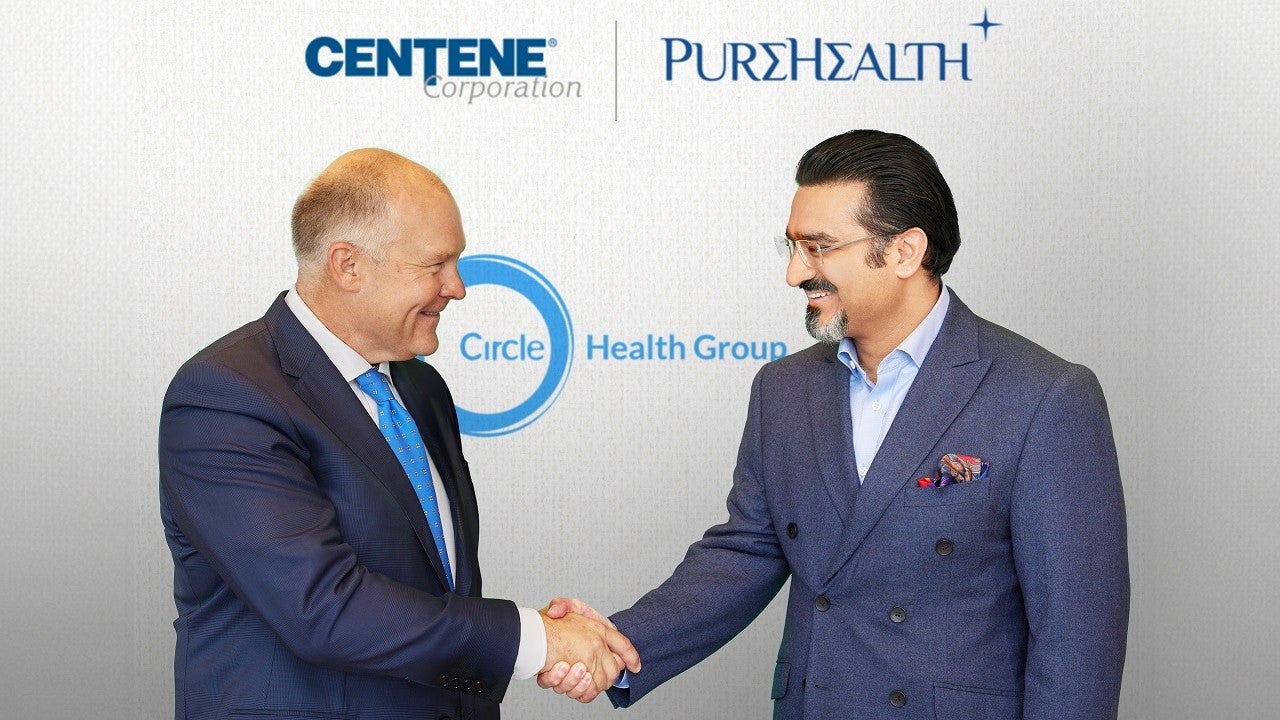STAT+: Pharmalittle: More than 9 in 10 pharmacy techs report drug shortages; Yale and VA strike deal over ketamine patent royalties
Yale and one of its professors agreed to settle allegations that they wrongly withheld patent royalties for ketamine-related inventions.

And so, another working week will soon draw to a close. Not a moment too soon, yes? This is, you may recall, our treasured signal to daydream about weekend plans. Our agenda includes promenading with the official mascots and a listening party where the rotation will include this, this, this and this, and we will wrap up by observing some ancient rituals. And what about you? This is a fine time to stop by apple orchards and pumpkin patches, or take long walks in parks or by lakesides and beaches. You could catch up on your reading, binge watch by the telly, or catch up with someone special. Well, whatever you do, have a grand time. But be safe. Enjoy, and see you soon. …
Yale University and one of its professors agreed to settle allegations that they wrongly withheld patent royalties from the U.S. Department of Veteran Affairs for ketamine-related inventions, Reuters notes. Yale and professor John Krystal agreed to pay $1.5 million to resolve claims that they failed to pay the VA its share of royalties for patents covering intranasal ketamine used to treat depression. Yale and the VA agreed in 2003 to share royalties on patents with inventors from both institutions. Krystal, who worked for both Yale and the VA at the time, and his co-inventors applied for patents with VA funding starting in 2006 for a ketamine nasal spray to treat depression and suicidal ideation.
Nearly 96% of pharmacy technicians report their pharmacy faces drug shortages, according to an online survey last month by the Pharmacy Technician Certification Board. The techs who were queried identified chemotherapies; ADHD medicines; three drugs for weight loss and diabetes — Mounjaro, Ozempic, and Wegovy — and local anesthetics such as lidocaine as the top drugs experiencing shortages. When a comparable drug is not available, 29% turn to their pharmacy’s compounding services, while 6% look to another compounding pharmacy. And 72% said shortages very significantly or significantly impact their workflow.
What's Your Reaction?
































